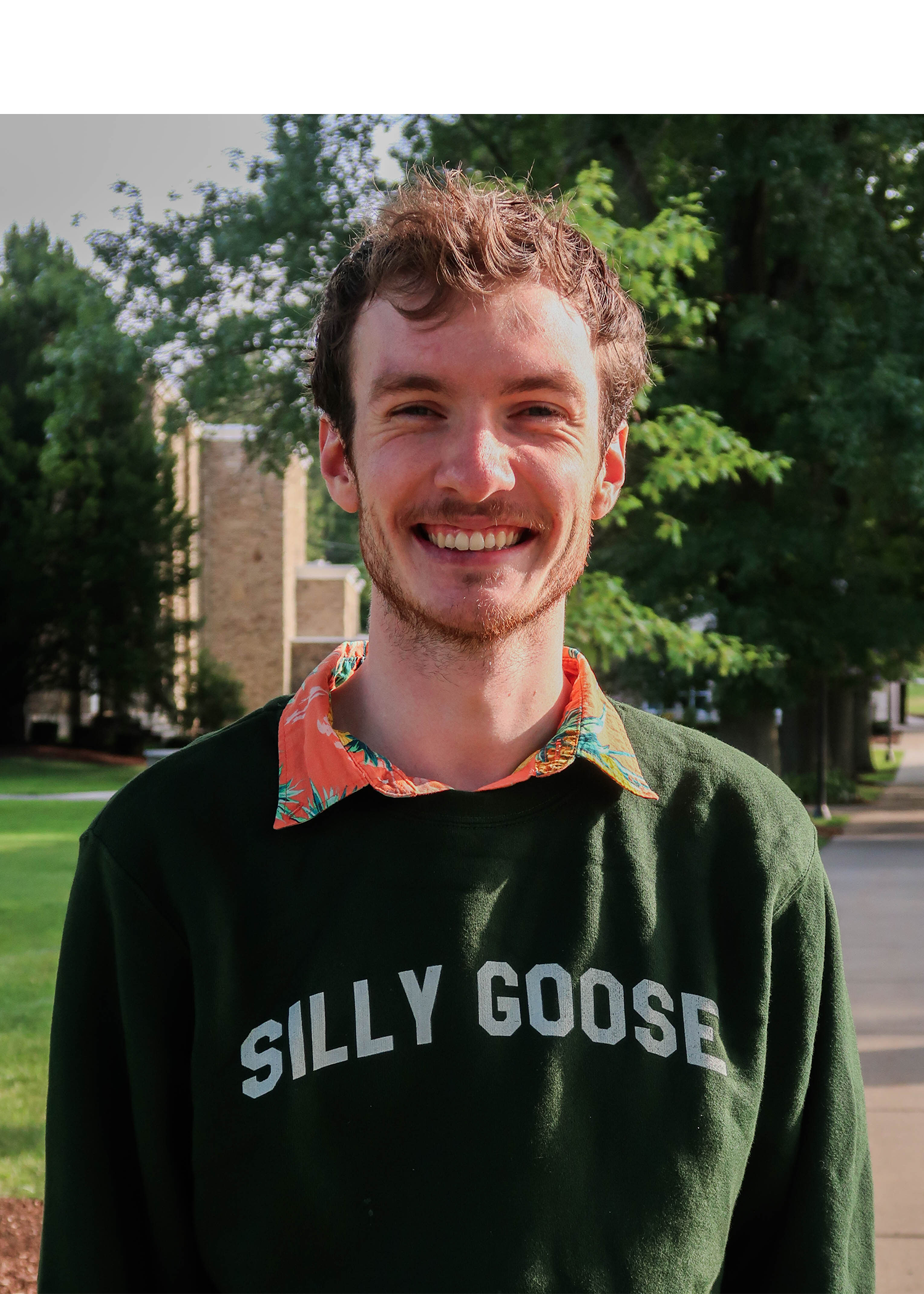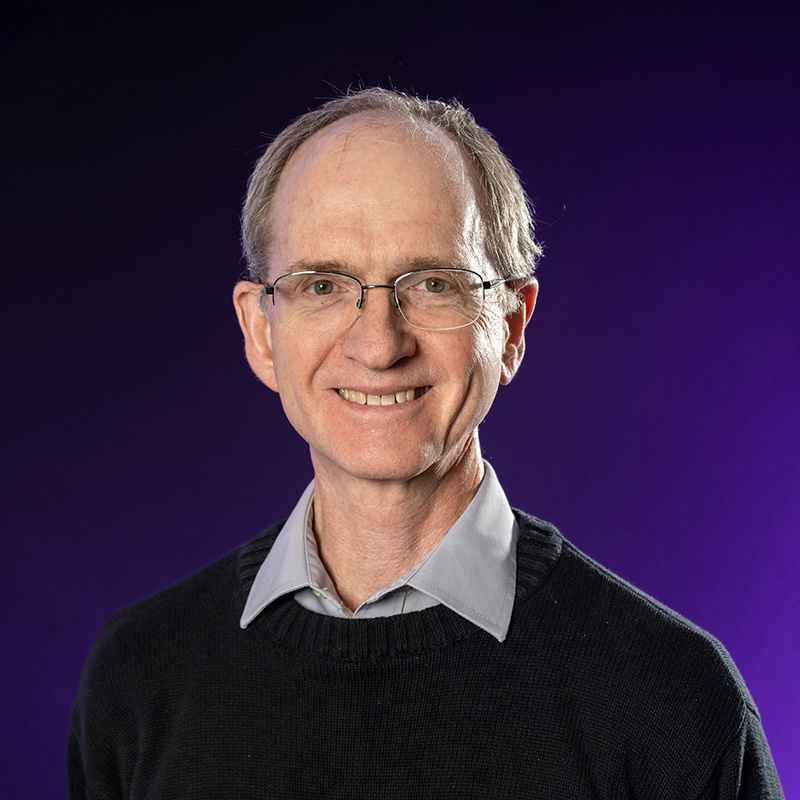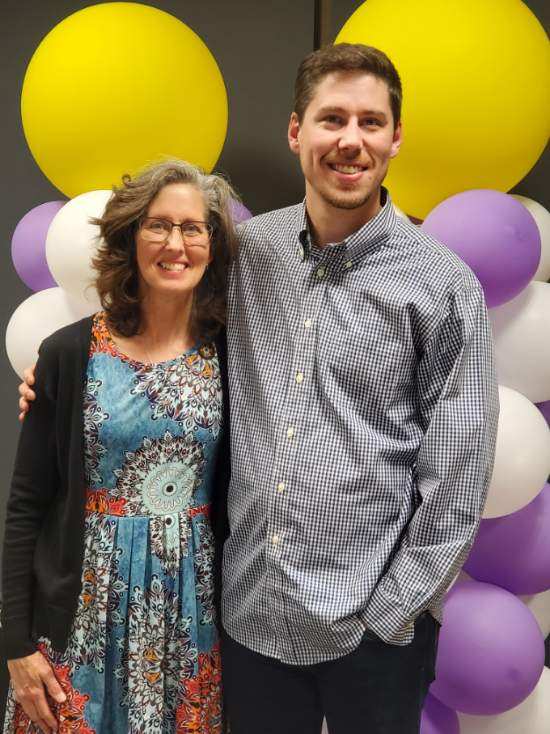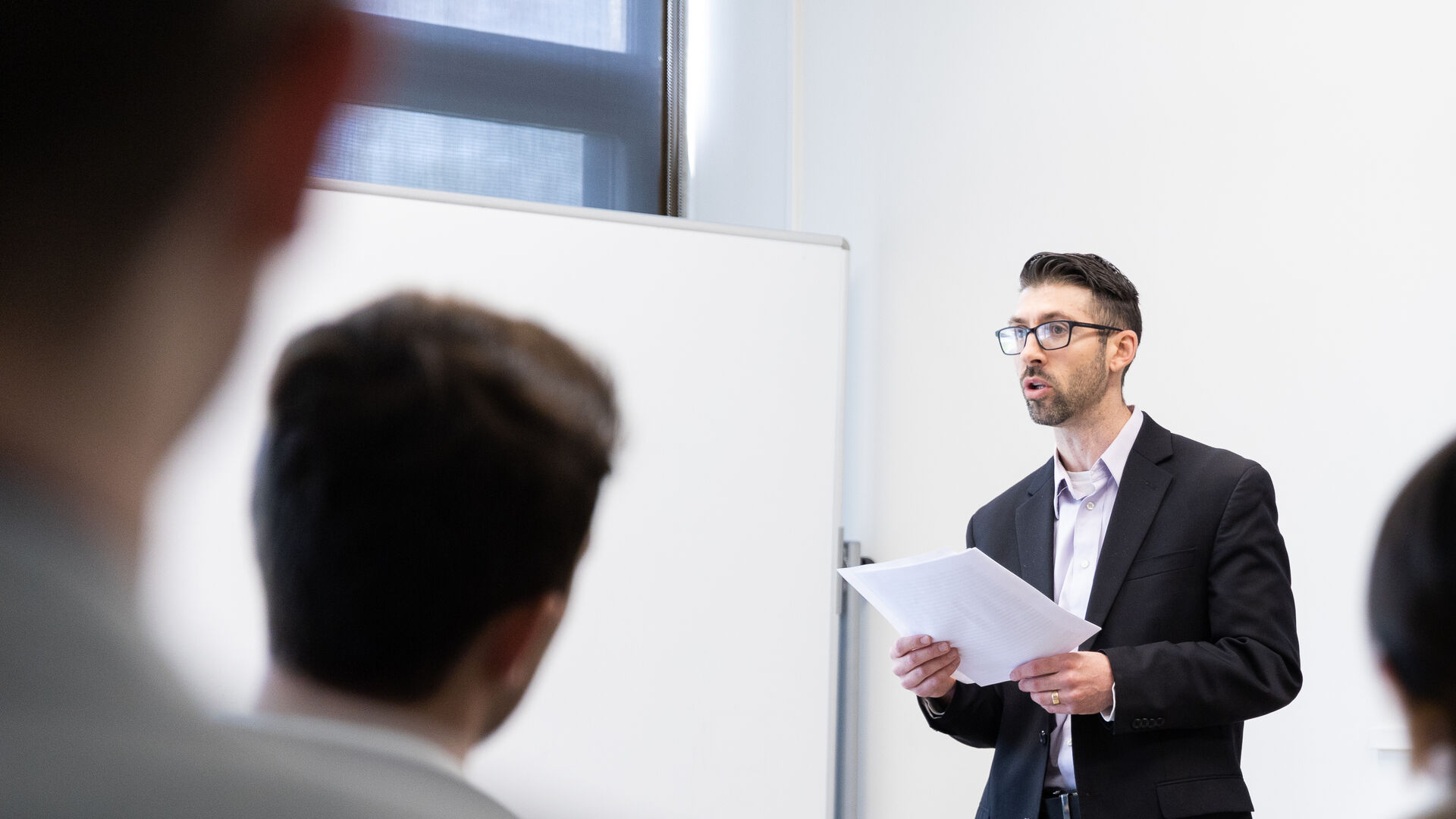Category: Stories In Focus
October 18, 2024
Columns, Stories In Focus, Reviews
Harry Potter and the Prisoner of Azkaban
Written by: Caleb Tiedemann (’25) With the autumn season in full swing, there is no better time to rewatch that…
October 11, 2024
Stories In Focus
Sarah Massey
By Julia Collins ('26) On Thursday, Oct. 17, Music Professor Sarah Massey will be holding a lecture as part of…
October 04, 2024
Stories In Focus
Ryann Cooley
By Aivery Shuck ('26) Ryann Cooley has been serving the Houghton community as a professor for 11 years now, but…
September 27, 2024
Stories In Focus
After Party Groups
By Anna Lloyd ('26) This week, sixteen small groups across campus met for the first time, utilizing a six-week curriculum…
September 20, 2024
Stories In Focus
Ransom Poythress
By Lydia Merrill ('25) “If you’ve ever been a student in one of Dr. Ransom Poythress’s STEM classes at Houghton…

September 13, 2024
Stories In Focus
Embracing the Shift
By Hannah Strudivant ('25) Embarking on a lifestyle change can be both exhilarating and terrifying. Whether someone is driven by…

April 19, 2024
Stories In Focus
Dr. Marcus Dean
By Abigail Bates ('26) Dr. Marcus Dean is a professor of Global Studies, and the Director of Off-Campus Studies at…

April 19, 2024
Stories In Focus
Rene Stempert
By Anna Catherman ('24) On July 4, 2024, Rene Stempert will celebrate her 30th year on the job. “My first…
April 19, 2024
Stories In Focus
Rachel Wells
By Anna Catherman ('24) Senior Rachel Wells took Transitions this Fall 2023 semester. Wells came to Houghton from New York…

April 12, 2024
Stories In Focus
Feature: Andrew Walton
By Anna Catherman ('24) Dr. Andrew Walton has been in school for 21 years. During his undergraduate years at Houghton…
